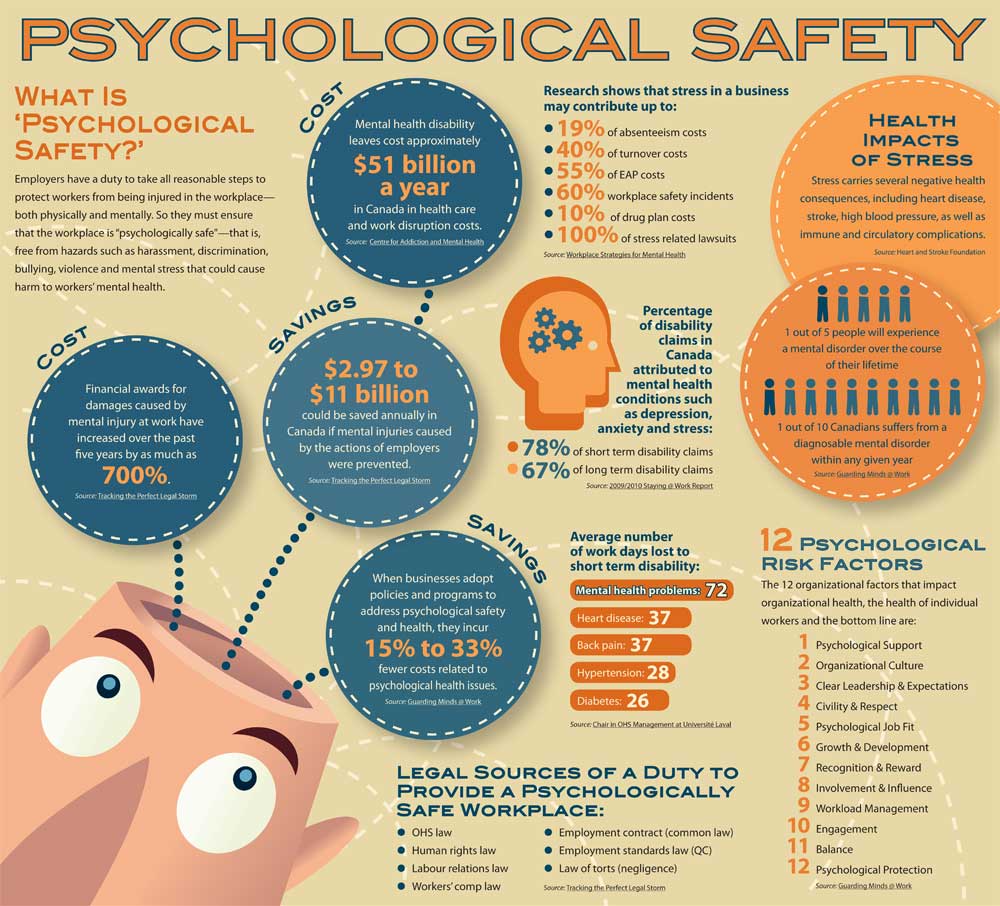To be successful, our teams need psychological security
This corresponds to the fact of knowing that making a mistake will not lead to punishment. Research shows that psychological safety allows you to take moderate risks, give your opinion, be creative, get ahead without fear… So many behaviors that lead to great commercial successes.
Evolutionary adaptations explain why psychological security is both fragile and essential for success in uncertain and interdependent environments.
The brain analyzes the provocation of a leader, the competition of a colleague or the contempt of a subordinate as a mortal threat. The amygdala, its alarm signal, triggers a fight-and-flight response, hijacking its higher functions. This circuit – “act first, think then” – blocks perspective and analytical reasoning. In fact, we lose our minds, even when we need it most. While this fight-and-flight response can save our lives in the event of mortal danger, it handicaps the strategic thinking needed in today’s world of work.
Success in the twenty-first century depends on another system: the broadening-building mode of positive emotion that allows us to solve complex problems and maintain cooperative relationships.
Positive emotions like self-confidence, curiosity and inspiration open the mind and help us develop psychological, social and physical resources. We become more tolerant, resilient, motivated and persistent when we feel safe. Humor is increasing, as is solution-seeking and divergent thinking, which are the cognitive processes that underpin creativity.
When the work environment is stimulating without being threatening, teams can stay in a long-term expansion-build mode. The level of oxytocin increases in the brain, generating confidence and behaviors that promote it. This is a huge factor in the success of teams, as Paul Santagata attests: “In Google’s hyper-fast and demanding environment, our success depends on the ability to take risks and be vulnerable to colleagues.”
If you create a sense of psychological security within your team now, you should see an increase in the level of engagement, an increase in motivation to solve difficult problems, more opportunities for learning and development, and better performance.

Source: switchedontosafety.com